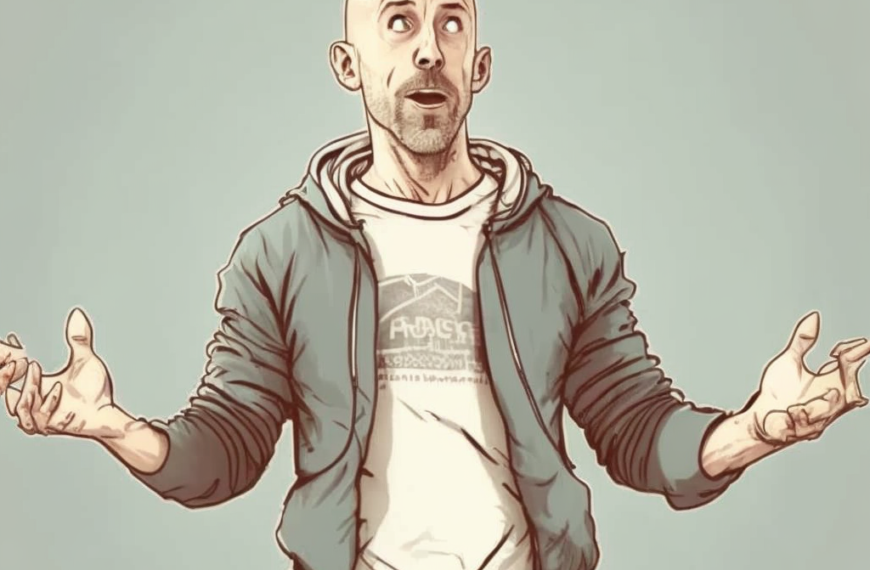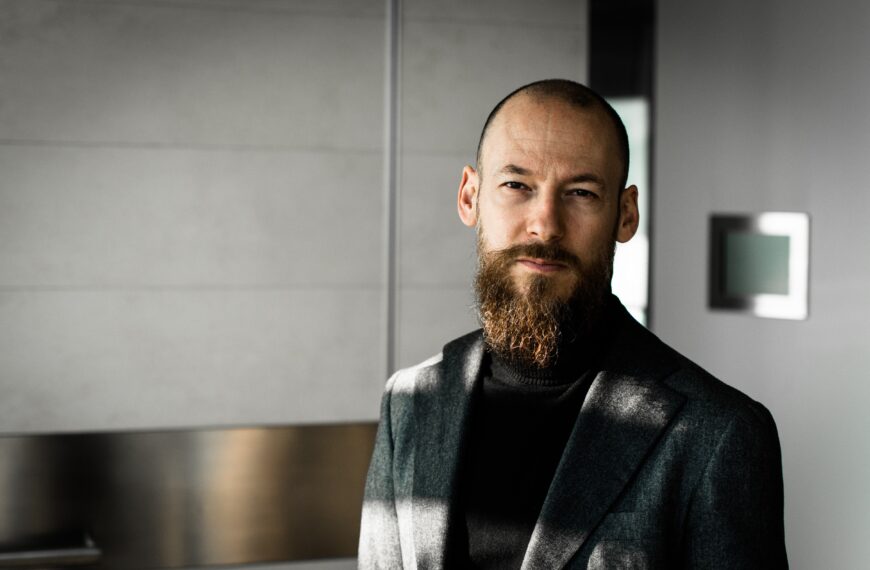Understanding Alopecia Areata: Causes, Symptoms, and Treatment Options

Alopecia areata is a type of hair loss that occurs when the immune system attacks hair follicles, leading to round, patchy bald spots on the scalp or other parts of the body. It is estimated to affect around 2% of the population worldwide and can occur at any age, although it most commonly appears in childhood or early adulthood. In some cases, it can lead to complete hair loss on the scalp (alopecia totalis) or even the entire body (alopecia universalis).
Causes
The exact cause of alopecia areata is not yet fully understood, but it is believed to be an autoimmune disorder. This means that the body’s immune system mistakenly attacks its own hair follicles, thinking they are foreign invaders. Genetics also seem to play a role in the development of alopecia areata, as it tends to run in families. In addition, environmental factors such as stress, illness, and certain medications may trigger or exacerbate the condition.
Symptoms
The most noticeable symptom of alopecia areata is the sudden appearance of round, patchy bald spots on the scalp or other areas of the body. These spots are usually smooth and may be slightly pink or red. Hair loss is not typically accompanied by itching, pain, or other discomfort, but some people may experience a tingling or burning sensation in the affected area. In some cases, the hair may grow back on its own, but in others, the bald patches may expand or multiply.
Diagnosis
Diagnosing alopecia areata usually involves a physical exam and a review of medical history. In some cases, a skin biopsy may be performed to confirm the diagnosis. Blood tests may also be done to rule out other conditions that can cause hair loss, such as thyroid disease or lupus.
Treatment
There is currently no cure for alopecia areata, but there are several treatment options that can help manage the condition. The most common treatment is the use of topical corticosteroids, which are applied directly to the affected areas to reduce inflammation and promote hair regrowth. Other topical treatments include anthralin, minoxidil, and diphencyprone (DPCP). In more severe cases, oral or injectable corticosteroids may be prescribed. Immunosuppressive drugs such as methotrexate and cyclosporine may also be used to suppress the immune system and reduce inflammation.
In recent years, there has been growing interest in the use of alternative treatments for alopecia areata, such as acupuncture, herbal supplements, and essential oils. While there is some evidence to suggest that these treatments may be beneficial, more research is needed to determine their safety and effectiveness.
Living with Alopecia Areata
Living with alopecia areata can be challenging, both physically and emotionally. The sudden and unpredictable nature of hair loss can be difficult to cope with, and many people may experience feelings of anxiety, depression, or low self-esteem as a result. It is important for individuals with alopecia areata to seek support from loved ones, as well as professional counseling or support groups.
In conclusion, alopecia areata is a common type of hair loss that can have a significant impact on an individual’s quality of life. While there is no cure for the condition, there are several treatment options available that can help manage the symptoms and promote hair regrowth. With the right support and care, it is possible for individuals with alopecia areata to lead fulfilling and happy lives.




